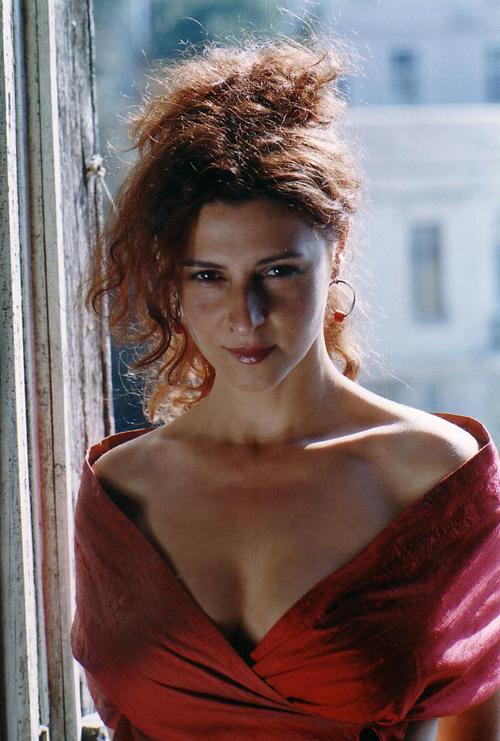Maria Francesca Ancarola Saavedra, a Chilean singer/songwriter was born 18 March 1968. Ancarola is part of the Chilean New Song movement. Her musical style is a mixture of folk and jazz with social justice themes. Ancarola started her musical career in 1980s when she won a prize at a festival organized by La Bicicleta y el Cafe del Cerro (a publication associated to the Chilean New Song Movement). After graduating from the University of Chile, she studied music and then went on to study singing at the Pontifical Catholic University of Chile. She was awarded a Fulbright scholarship in 1997 to the Manhattan School of Music. Ancarola released Que el Canto tiene Senido in 1999, her first solo album. The title of the album was inspired by Victor Jara’s song Manifiesto, a popular singer-songwriter from the New Song movement who was murdered by the Pinochet military regime in 1973. Pasaje de ida y vuelta, her second album, and Jardines humanos, which she released in 2002, further developed her Latin American fusion style. The former received an Altazor Award. Sons of the same sun was her 2003 album through Petroglyph Records, Taos, New Mexico. Some of her repertoire was sung on this album in English. Contigo aprendi, an album of boleros, was released in 2004. Ancarola paid tribute to Jara with the 2006 release of Contigo aprendi (With you I learned), an album that featured boleros. Ancarola covers Jara’s songs in “more modern language”. Ancarola stated that Victor was born into poverty, but that despite his hardships he managed “to transcend and cultivate himself…to become an icon in our music.” The album won Ancarola her second Altazor award. Ancarola’s 2008 album Arrullos (Lullabies), a collection of children’s songs was released. It was nominated to win an Altazor Award. Ancarola’s album Templanza was released in 2012. In 2016, she released a full album titled Espejo de los Suenos. Ancarola is influenced by Victor Jara and Violeta Parra. She also has a lot of musical influences from Chabuca Granda. Silvio Rodriguez and Chico Buarque. Wikipedia
